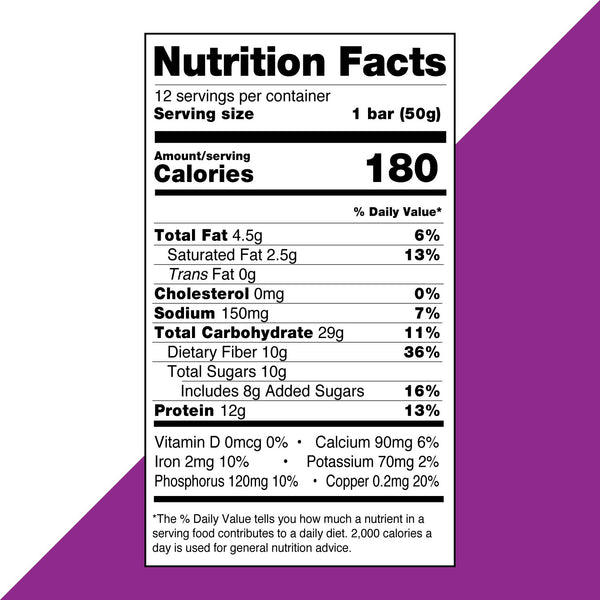Essential Tips for Managing Nut Allergies
Dec 11, 2024
Approximately 33 million people in the U.S. suffer from at least one food allergy, with peanut and tree nut allergies affecting around 3 million individuals. This growing public health concern makes it crucial for individuals and families to understand how to manage these allergies effectively. This guide provides essential tips and resources to safely navigate the world of nut allergies, ensuring that those affected can lead fulfilling lives.
What You Need to Know
| What You Need to Know |
|---|
| Symptoms: Hives, swelling, difficulty breathing. |
| Risk Factors: Family history, age, other allergies. |
| Emergency Procedures: Use of epinephrine, call 911. |
1. Understanding Nut Allergies
The prevalence of nut allergies has increased dramatically, with a staggering 50% rise among children between 1997 and 2011. Nut allergies can provoke severe reactions, including anaphylaxis, which can be life-threatening. Recognizing the risks associated with these allergies is essential for better preparation and protection. Awareness of the types of nuts involved and their potential effects is key to understanding nut allergies.
For more information on the nuances of nut allergies, check out this Understanding Nut Allergies.
2. Recognizing Symptoms
Over 40% of children with food allergies have experienced severe reactions, such as anaphylaxis. Recognizing the signs early can be lifesaving. Common symptoms include hives, swelling, and gastrointestinal issues. Parents and caregivers must stay vigilant, especially during social gatherings or meals. Familiarity with symptoms can empower families to act swiftly in case of an emergency.
For more in-depth information on symptoms and diagnosis, refer to our Symptoms and Diagnosis page.
3. Emergency Preparedness
Each year, about 3.4 million patients in the U.S. visit emergency rooms due to food allergy reactions. Being prepared is crucial for anyone with a nut allergy. Carrying an epinephrine auto-injector and understanding how to use it can make a difference in critical moments. This preparedness could be the difference between life and death, emphasizing the importance of education and training.
For further guidance on emergency procedures, check our Emergency Procedures page.
4. Dietary Management
Strict avoidance of allergens is the cornerstone of managing nut allergies. Mislabeling can lead to accidental exposure, making it crucial to read labels carefully and remain aware of cross-contact during food preparation. This vigilance means that individuals must educate themselves and inform their family and friends about the seriousness of these allergies.
For information on safe snacks, visit our Nut-Free Snacks Collection.
5. Understanding Cross-Reactivity
Cross-reactivity among different types of nuts complicates diagnosis and management. Understanding which nuts are related can help with informed dietary choices. Recognizing that allergies can extend beyond the immediate nut of concern aids in dietary management and prevents accidental exposures that could trigger severe reactions.
For more details on nut types and cross-reactivity, refer to our Cross-Reactivity Information.
6. Communicating with Others
Effective communication with food establishments is critical to ensuring safety. Clearly conveying allergies to restaurant staff can help prevent accidental exposure. Advocating for oneself ensures that others understand the seriousness of nut allergies, bridging the gap between safety and a relaxed dining experience, allowing for social enjoyment without fear.
For tips on dining out safely, check our Dining Out with Allergies page.
7. Support Resources
About one in three children with food allergies report bullying, highlighting the need for support and community. Various organizations provide educational materials and resources to help those managing nut allergies. Connecting with others can provide comfort and shared understanding, serving as a beacon of hope for individuals feeling isolated due to their allergies.
For community support resources, visit our Community Resources page.
8. The Role of Immunotherapy
Ongoing research explores immunotherapy as a potential treatment option for nut allergies. This innovative approach aims to desensitize patients to allergens and shows promising results in clinical trials. While still in development, it offers hope for future management strategies. The prospect of immunotherapy could change how nut allergies are managed, paving the way for a more adaptable lifestyle.
Learn more about immunotherapy and its potential in our Immunotherapy Studies page.
9. The Importance of Education
Education about food allergies is vital, as 53% of individuals with allergic reactions never sought medical evaluation. Increasing awareness can lead to better management and a safer environment for those affected. Educating oneself and others is a powerful tool in the fight against food allergies. This proactive approach can serve as a shield, protecting individuals from potential harm.
To discover educational initiatives, visit our Educational Initiatives page.
10. Navigating Social Situations
Many families avoid social activities due to food allergy concerns, with about 30% reporting feelings of isolation. Creating strategies for social gatherings can help individuals manage their allergies while still participating. Open dialogue and planning are essential for enjoying social experiences safely. By fostering understanding and preparedness, families can combat isolation and foster inclusivity.
For tips on managing social situations, check our Social Situations Tips page.
11. Conclusion and Future Directions
The economic impact of childhood food allergies is projected to reach $33 billion by 2024. Continued research and public health strategies are essential to improving the management of nut allergies. As awareness grows, so does the potential for better support and treatment options for those affected. This ongoing commitment to education and innovation can help mitigate the challenges faced by individuals with nut allergies, ultimately leading to a safer and more inclusive society.
For ongoing research updates, visit our Research Updates page.
FAQ Section
- What are the common symptoms of nut allergies?
- How can I prepare for an emergency related to nut allergies?
- What should I do if I accidentally consume nuts?
- Are there safe alternatives to nut-based foods?
- How can I educate others about my nut allergies?
Key Points
- Over 33 million people in the U.S. have food allergies.
- Recognizing the symptoms of nut allergies can save lives.
- Emergency preparedness is vital for managing nut allergies effectively.
- Education about nut allergies is crucial for safe living.
Food Allergy Statistics















